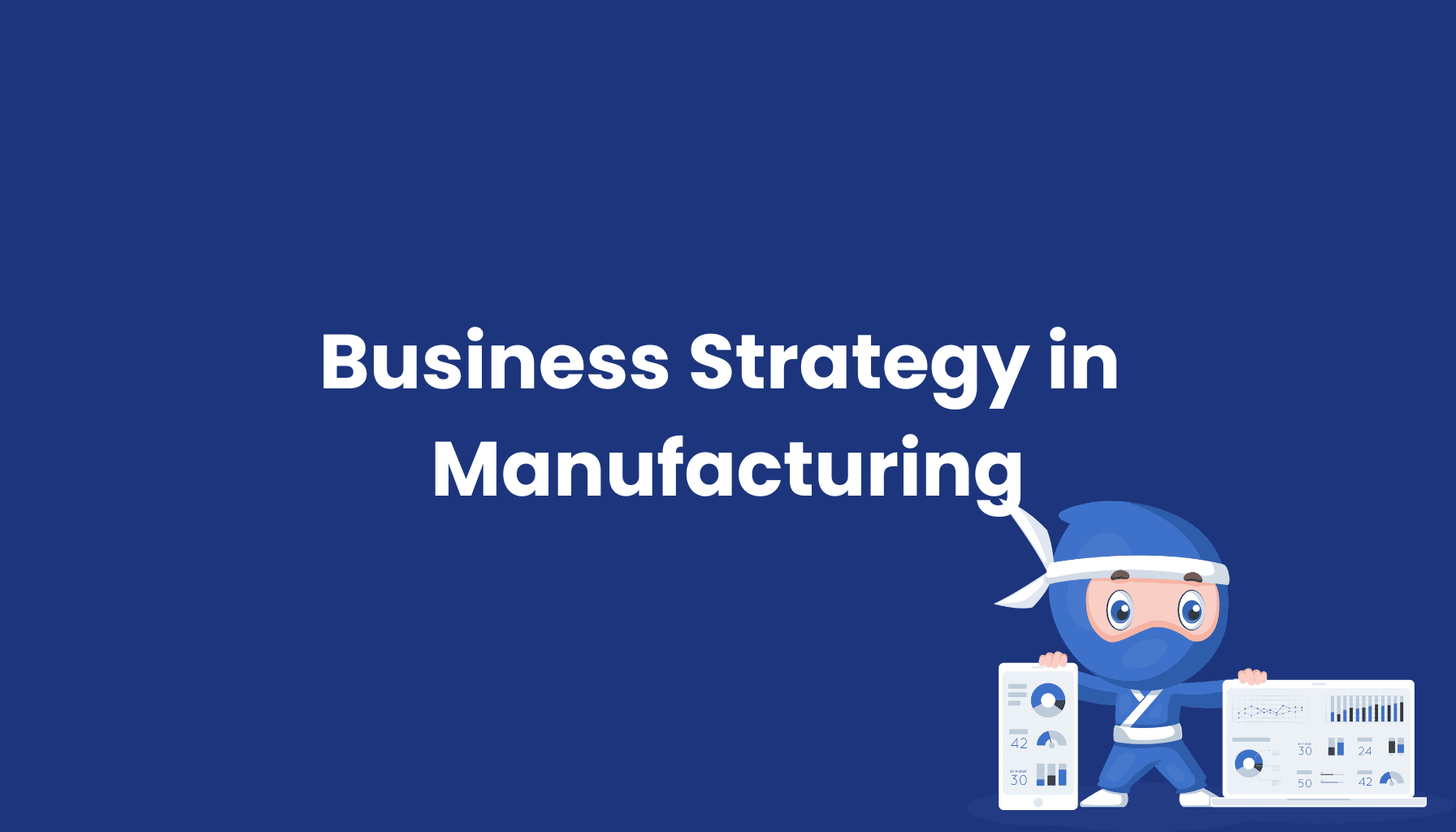Business Strategy in Manufacturing

What Is a Business Strategy in Manufacturing?
A solid business strategy forms the foundation for long-term success in the manufacturing industry. Aligning all business areas systematically with defined goals enables sustainable market positioning and continuous growth. This article explores key elements of strategic business management in the production context.
Strategic Analysis Components
Developing an effective business strategy requires a systematic analysis of internal and external factors. Market conditions, competitive positioning, and technological advancements must be considered alongside operational core competencies and optimization opportunities. SWOT analyses and portfolio management tools aid in strategic positioning.
Digital Transformation as a Strategic Imperative
Integrating digital technologies is becoming a central success factor. Manufacturing companies must systematically enhance their digital maturity and incorporate Industry 4.0 concepts into their strategy development. Cloud computing, the Industrial Internet of Things (IIoT), and artificial intelligence enable new business models and value creation processes.
Operational Excellence and Process Optimization
Strategic objectives must be supported by operational excellence. Lean Management and continuous improvement processes form the basis for sustainable competitive advantages. The systematic implementation of Total Quality Management (TQM) and Six Sigma methodologies optimizes production processes and boosts efficiency.
Innovation Management and Technological Leadership
A forward-looking business strategy demands systematic innovation management. Structured research and development activities, combined with agile development methods, unlock innovation potential. Technology roadmapping aids in strategic technology planning and ensures competitiveness.
Employee Development and Organizational Culture
Strategic human resource development is gaining increasing importance. Training programs and competence management enable adaptation to changing requirements. An innovation- and performance-oriented corporate culture promotes successful strategy execution.
Sustainability Integration
Sustainability is becoming a strategic success factor. Incorporating environmental and social aspects into the business strategy meets societal expectations while unlocking new market opportunities. Circular economy principles and resource-efficient production have become strategic imperatives.
Implementation and Monitoring
Successful strategy execution requires systematic monitoring and control. Balanced Scorecards and Key Performance Indicators (KPIs) allow continuous evaluation of strategic objectives. Regular strategy reviews ensure alignment with changing conditions.
Performance Measurement and Optimization
Quantitative assessment of strategic goal achievement enables targeted optimizations. Data analytics and business intelligence tools support decision-making through comprehensive data analysis. Systematic evaluation of performance indicators identifies areas for improvement.





